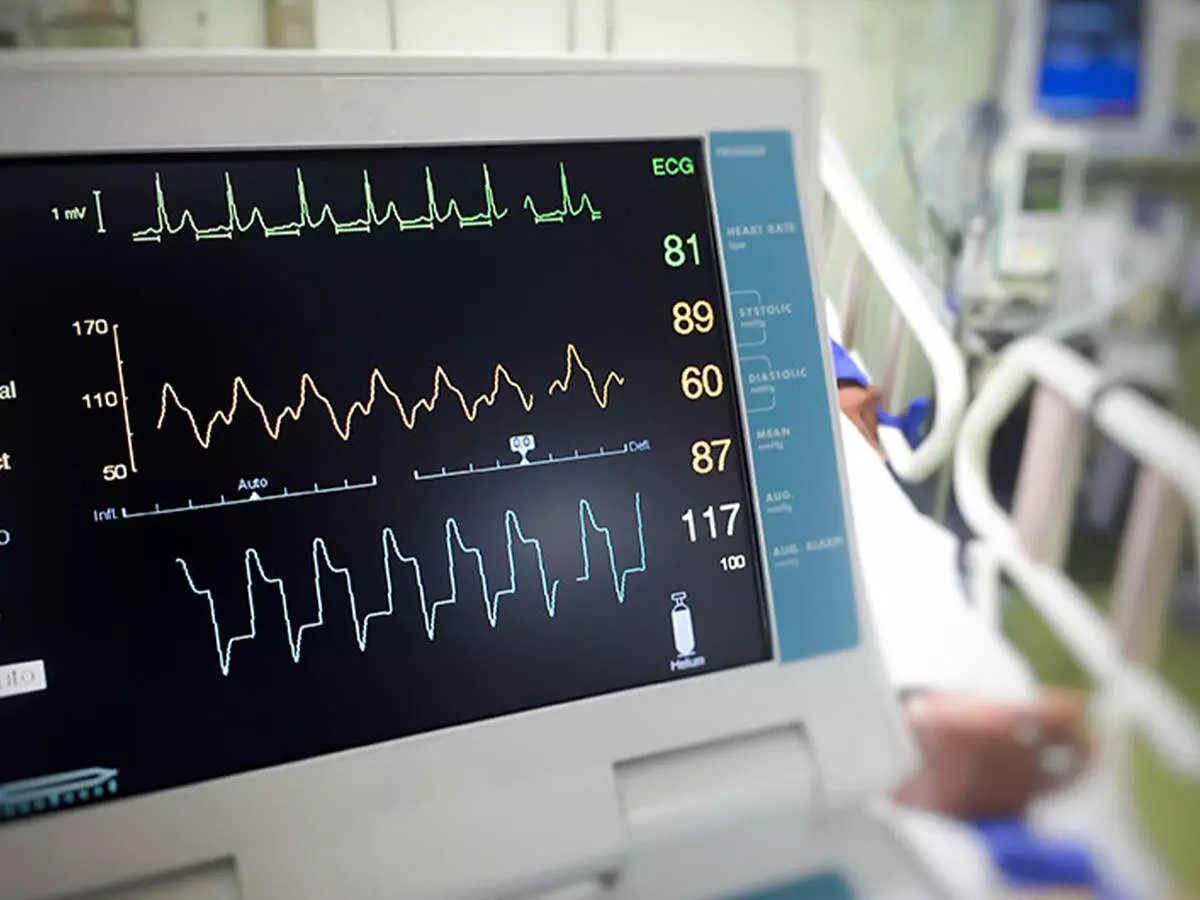Medical device makers want Centre to reconsider new regulatory bill
In the letter, the stakeholders have reiterated their collective plea for the need for a separate Medical Devices Act, different from the one meant for the regulation of drugs.
By Sulogna Mehta
Representational Image.
New Delhi: Multiple stakeholders have joined hands and want the new Drugs, Cosmetics and Medical Devices Bill 2023 to be recalled. They claim the bill’s withdrawal will safeguard the domestic players and uphold the spirit of the prime minister’s ‘Make in India’ call and keep India’s preparedness intact to deal with any pandemic-like situation in the future.
Recently, a joint plea was made by the Indian medical device manufacturers, patient interest groups, users and hospitals to the Union health minister Dr Mansukh L Mandaviya. In the plea, they wrote about their concerns and sought the recall of the bill in the larger interests of the nation and budding indigenous manufacturers of medical equipment from the MSME sector.
In the letter, the stakeholders have reiterated their collective plea for the need for a separate Medical Devices Act, different from the one meant for the regulation of drugs. They also want the regulations and regulatory framework of medical devices to be a separate legislative book from drugs.
They have also called for a consultation meeting with a fresh committee under the chairmanship of ICMR (Indian Council of Medical Research) or DST (Department of Science and Technology) or DBT (Department of Biotechnology) and key stakeholders before finalising the draft of the bill and submitting it to the Parliament.
The letter has been signed by Rajiv Nath, forum coordinator, Association of Indian Medical Devices (AiMeD), Jatin Mahajan, secretary of Association of Diagnostics Manufacturers of India (Admi), Dr Giridhar Gyani, secretary general of Association of Healthcare Providers India, Manish Sabharwal, secretary of SDMAI, Vivek Mangalwedhkar, coordinator of Indian Medical Association, Sanjiv Rehlan, chairman, PWMAI, Harvinder Singh, general secretary of SIDS, Vimal Khemka, secretary of AISNMA, Hitesh Ostwal, ORAMAI and Professor Bejon Misra, founder director of Patient Safety and Access Initiative of the Foundation India.
“An inclusive process will help shape an appropriate regulatory policy that will impact the medical devices sector positively,” said Rajiv Nath.
Referring to the bill, Dr Girdhar Gyani said, “If the bill is implemented, the medical devices manufacturing sector may face a supply chain crisis and effectively lose its ability to meet domestic demand. Hence in a wider interest, the draft bill needs to be reviewed for its effective implementation.”
Prof Bejon Misra said that legislations adopted in other progressive countries like Canada, the EU, the UK, Japan, Brazil, and Saudi Arabia, and the NITI Aayog Draft Medical Devices (Safety, Effectiveness and Innovation) Bill, 2019, could act as impactful works of reference to discipline manufacturers.
Decrease burden of penalties
Seeking the decriminalisation of transgressions without mens rea (intention or knowledge of wrongdoing) to avoid discouraging investments in the manufacturing of medical devices, the stakeholders have further stated that for medical devices, the penalties or punishment for manufacturing, import and sale or marketing of unsafe medical devices may be rationalised. The penalty may be staggered, keeping in view the gravity of the offence, and in proportion to the offence.
In this context, Harvinder Singh said, “Legislators should avoid replicating the penalties meant for the Drugs Act on to the medical devices sector, which are essentially engineering products. Instead, effective compliance mechanisms of progressive countries may be deployed to discipline manufacturers.”
As per the observations of the Association of Healthcare Providers (India) on the draft bill, medical devices are not drugs but are being regulated as drugs under Drug Rules and Drugs Act. There is an impending need to have separate regulations for medical devices. Secondly, it mentions stringent punitive and criminal judicial action for manufacturers who are found to be defaulters. The punitive clause should be applicable only to non-licensed or non-registered manufacturing facilities of medical devices and manufacturers who have not even applied for registration/licensing compliance. Thirdly, the government has initiated a major drive for the indigenisation (Make in India) of medical devices. But the revised definition of the manufacturer will give manufacturing licenses and allow marketing companies for low quality cheaper imports and that will affect patient safety.